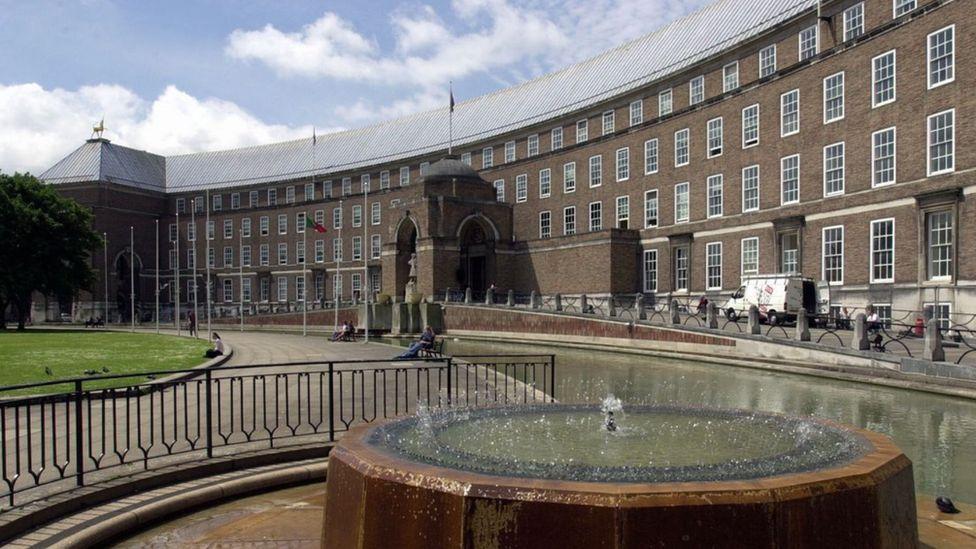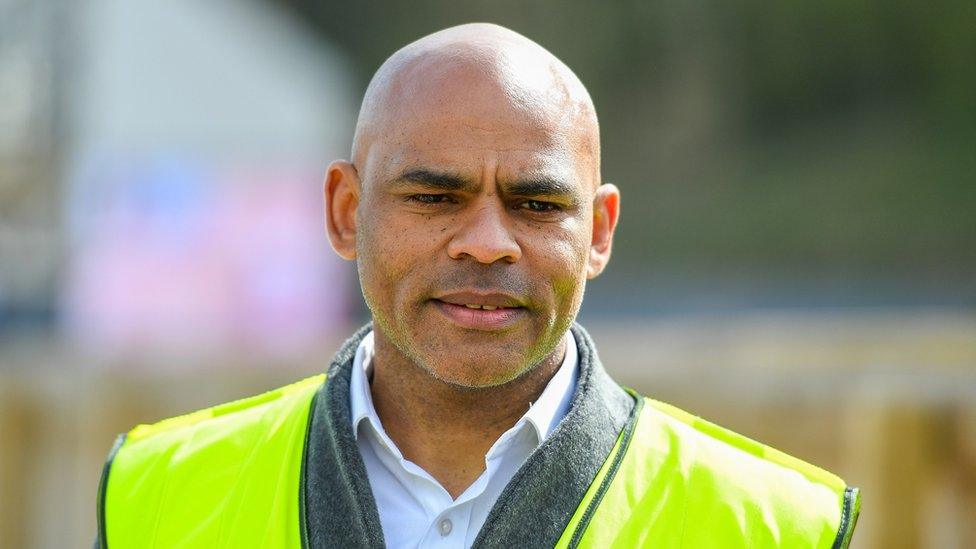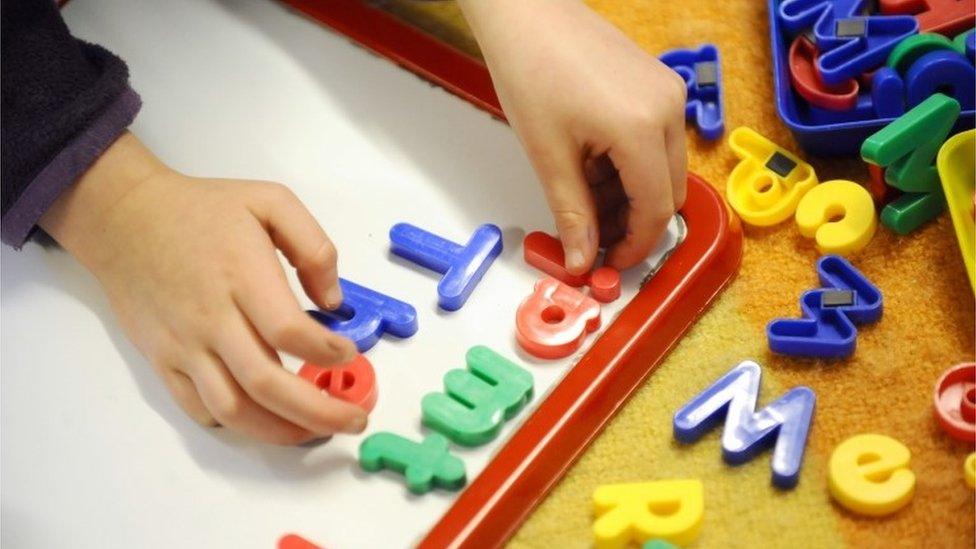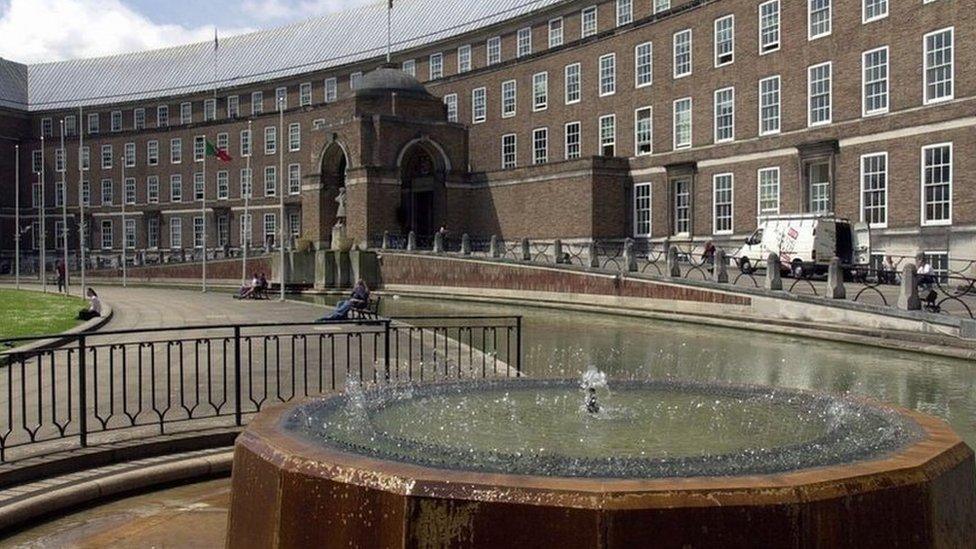Bristol City Council's SEND bailout plan criticised by charity
- Published

Bristol City Council has an estimated £56m deficit in its schools budget due to rising demand for special needs education
A bailout plan to rescue Bristol's special educational needs and disabilities (SEND) budget has been criticised by a charity.
The city council has signed-up to a government programme to help tackle an estimated £56m deficit in its budget.
But local charity Incredible Kids is concerned it could lead to fewer children getting the support they need.
Deputy mayor, Asher Craig, said the programme was a "huge opportunity" to improve outcomes for young people.
The council has applied to take part in the government's Safety Valve programme, which would mean an extra £53m to tackle the growing deficit.
In return, certain reforms are needed, which have caused concerns among some parents.
Ms Craig said the council expects to hear back on whether its application to the Department for Education (DfE) has been successful by the end of March.
'Not handled transparently'
Jaime Breitnauer, trustee at Incredible Kids also criticised how the bailout had been kept secret from the public.
Usually, the council publishes cabinet reports seven days before meetings, to allow people to check how the changes would affect them, but the details of the Safety Valve programme were only published the day before a cabinet meeting.
Ms Breitnauer said it "hadn't been handled transparently or democratically" and claimed the reforms would limit the number of education, health and care plans issued, to get costs down.
"The report was only published yesterday with no time for questions and limited time for statements. This decision will have huge impacts on vulnerable young people," she said.
"The Safety Valve report needs to be deferred so a proper consultation... can take place with stakeholders. Anything less is dictatorial and disrespectful to the people of Bristol," she added.
'Weren't allowed to say anything'
Marvin Rees, the Labour mayor of Bristol, said the council was not allowed to publish details of the programme sooner, due to rules set by the DfE.
However, a DfE source denied this and added the council was free to discuss its application in public, according to the Local Democracy Reporting Service.

Bristol Mayor Marvin Rees said the council had not been allowed to talk about the application
Mr Rees said: "It's a national programme so works in line with national government's timetable.
"Announcement of being part of the Safety Valve was embargoed. So we weren't allowed to say anything publicly about it."
A cabinet report said the plan had been consulted on with the audit committee, as well as a schools forum meeting.
However, neither the audit committee or schools forum meetings discussed the Safety Valve plan, according to Green councillor Christine Townsend.
'Lack of scrutiny'
Liberal Democrat Andrew Brown, chair of the audit committee, said: "This is probably the only realistic way forward for the council from a financial point of view.
"My issue with this is the way it's been handled. It's been published at short notice with a lack of public scrutiny and a lack of a chance for the public to have their say through the usual process of questions and statements."
A DfE spokesperson said: "The government's high-need deficit intervention programmes, including Safety Valve, are designed to improve SEND services by making the very best use of resources to deliver the support that children and young people need.
"They do not, under any circumstances, excuse or prevent local authorities from delivering on their statutory requirements to provide for children and young people with SEND."

Follow BBC Bristol on Facebook, external, X, external and Instagram, external. Send your story ideas to us on email, external or via WhatsApp on 0800 313 4630, external.
Related topics
- Published2 March 2024

- Published28 November 2023

- Published2 October 2023
